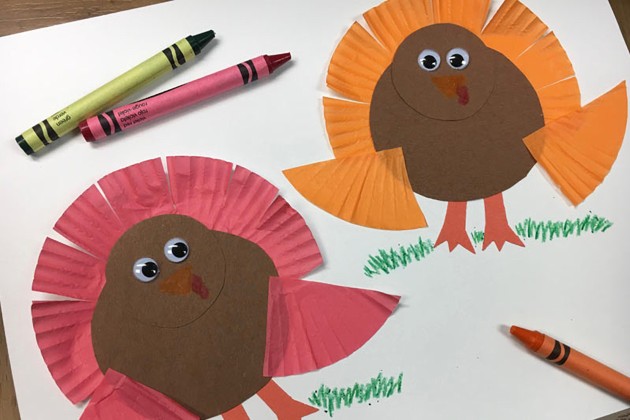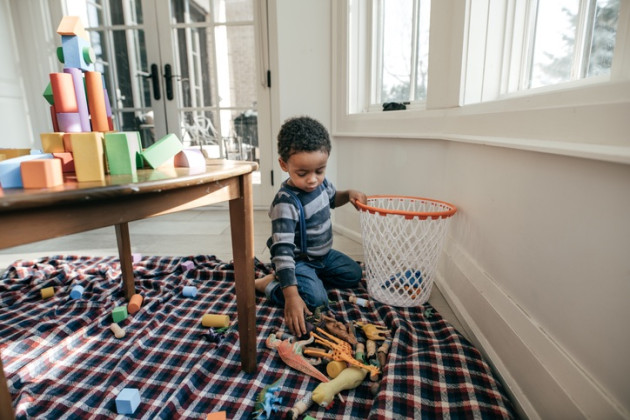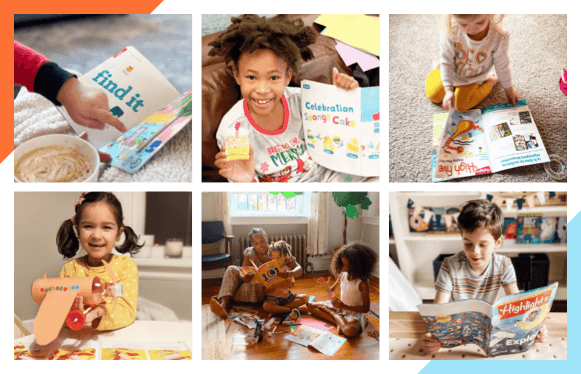Easy Math Games to Boost Your Baby’s Math Skills
By: Stacey Feintuch
A study published in the journal Psychological Science indicates that spatial reasoning skills in infants can predict math skills at age 4—a heartening thought if your kid’s spatial ability emerges early, and a somewhat distressing one if it doesn’t.
But the Emory University researchers who conducted the study have great news for all little learners’ parents: “We know that spatial reasoning is a malleable skill that can be improved with training,” said Emory psychologist Stella Felix Lourenco.
“We’ve provided the earliest documented evidence for a relationship between spatial reasoning and math ability. We’ve shown that spatial reasoning beginning early in life, as young as 6 months of age, predicts both the continuity of this ability and mathematical development.”
Researchers tested 63 children, ages 6 to 13 months, for a visual-spatial skill called mental transformation—simply put, the ability to change and rotate objects in “mental space.”
For this study, babies watched a series of paired video streams, each showing two matching shapes similar in appearance to the video game Tetris tile pieces.
The tiles’ orientation changed each time they were presented. In one video stream, the two shapes rotated to mirror images in every third presentation. In the other, the shapes appeared only in non-mirror orientations.
Researchers used eye-tracking technology to follow the infants’ gazes. As a group, babies looked much longer at video streams with mirror images, indicating an ability to detect transformation (although there were individual differences in how long each child studied the mirror images).
53 children returned to the lab at age 4 to complete the study and were again tested for mental transformation ability plus mastery of symbolic math concepts. (Older kids use mental transformation to solve a problem when they convert 4 + X = 7 to 7- 4 = X.)
Turns out that kids in the study who spent more time looking at the mirror images as infants demonstrated higher transformation abilities and performed better on the math problems at age 4.
Fortunately, spatial reasoning skills can improve with practice—so if you want to give your tot a leg up on math, set aside time to experiment with the following easy, at-home activities.
Play with shapes
Promote spatial reasoning by playing with toy shapes in the tub and on terra firma. Look for foam shapes that float or stick to the bathtub’s surfaces. Tell your child, “This red square has four sides,” and count to four as you point to them. Reinforce the lesson with a triangle or another shape a while later. On dry land, scatter construction-paper shapes and encourage your child to jump from the blue square to the red circle.
Practice counting and sorting
Gather some dolls, rocks, blocks or other items and group them by kind. Then encourage your child to sort them again, this time based on size, shape and color. Place all the cars in one pile and all the stuffed animals in another. Sorting objects helps toddlers organize information.
Try cooking
Even young kids can help out in the kitchen and learn some math in the process. Demonstrate how to fill a measuring cup. Then tell your child, “We need 2 cups of flour. Fill up the cup once and empty it into the bowl. Then fill it with flour again.” Count the eggs aloud as you crack them into a bowl. Measure the milk before you make hot chocolate. Use these activities to build confidence in counting, measuring, adding and estimating.
Weave math into daily life
Take advantage of everyday opportunities to practice spatial thinking. Have your child help you lay napkins on the dinner table and say, “One for you, one for me, one for daddy.” Point to a regular bagel and a mini bagel at the bagel shop. Ask your child to describe the one they want. If your child chooses the regular-sized one say, “You must be hungry! That bagel is bigger. I will eat the smaller one.” Use words such as bigger, smaller, larger, shorter, higher, lower, more than and less than. It’s a good skill to work on, since guessing amounts and sizes can be challenging for young children.
Engage in game play as your child gets older
Board games and other games, along with blocks, mazes and puzzles, can reinforce kids’ math skills and let them have fun at the same time. Games require concentration as kids listen to directions and remember how the game is played. They’ll gain experience planning, organizing, problem solving and more. Plus, when you play as a family, you’ll improve communication and boost your bond.
Enjoy meaningful time together and introduce babies and toddlers to their world. It’s never too early!









